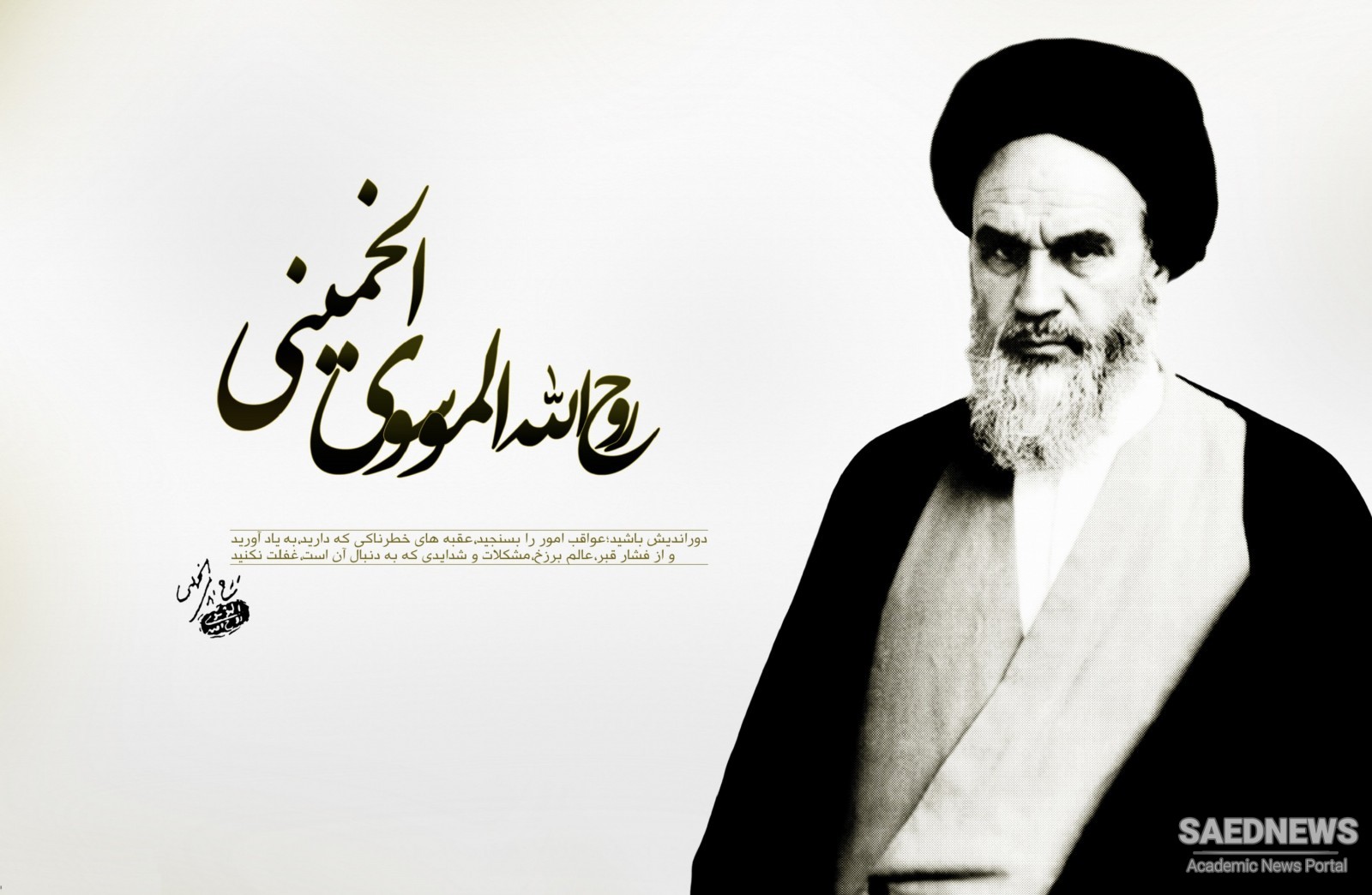If a faqīh sits in the corner of his dwelling and does not intervene in any of the affairs of society, neither preserving the laws of Islam and disseminating its ordinances, nor in any way participating in the affairs of the Muslims or having any care for them, can he be called “the fortress of Islam” or the protector of Islam?
If the leader of a government tells an official or a commander, “Go and guard such-and– such an area,” will the duty of guarding that he has assumed permit him to go home and sleep, allowing the enemy to come and ravage that area? Or should he, on the contrary, strive to protect that area in whatever way he can? Now if you say that we are preserving at least some of the ordinances of Islam, let me ask you this question. Are you implementing the penal law of Islam and the sanctions it provides? You will have to answer no.
So a crack has appeared in the protective wall surrounding Islam, despite your supposedly being its guardians. Then I ask you: Are you guarding the frontiers of Islam and the territorial integrity of the Islamic homeland? To this, your answer may be: “No, our task is only to pray!” This means that a piece of the wall has collapsed
Now I ask you: Are you taking from the rich what they owe the poor and passing it on to them? For that is your Islamic duty, to take from the rich and give to the poor. Your answer may be, in effect: “No, this is none of our concern! God willing, others will come and perform this task.” Then another part of the wall will have collapsed, and your situation will be like that of Shāh Sultān Husayn waiting for the fall of Isfahan. What kind of fortress is this? Each of the corners is occupied by some “pillar of Islam,” but all he can do is offer excuses when put to the test. Is that what we mean by “fortress”?
The meaning of the statement of the Imām (‘a) that the fuqahā are the fortresses of Islam is that they have a duty to protect Islam and that they must do whatever is necessary to fulfill that duty. It is one of the most important duties and, moreover, an absolute duty, not a conditional one. It is an issue to which the fuqahā of Islam must pay particular attention. The religious teaching institution must give due thought to the matter and equip itself with the means and strength necessary to protect Islam in the fullest possible sense, just as the Most Noble Messenger (s) and the Imāms (‘a) were the guardians of Islam, protecting its beliefs, ordinances and institutions in the most comprehensive manner.


 Social Beneficence and Religious Vision: People of God and Their Community
Social Beneficence and Religious Vision: People of God and Their Community














































